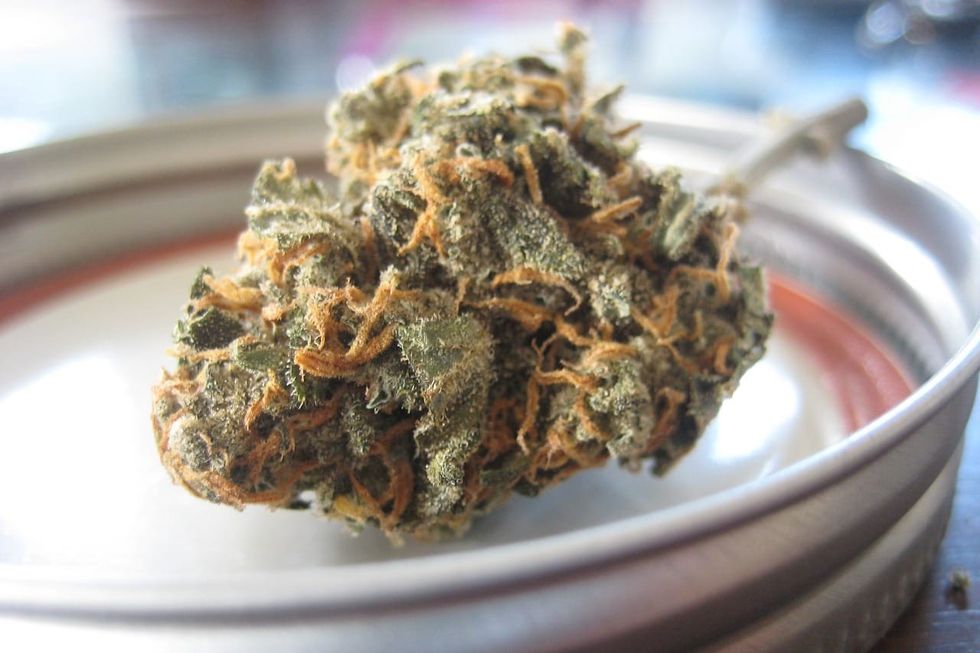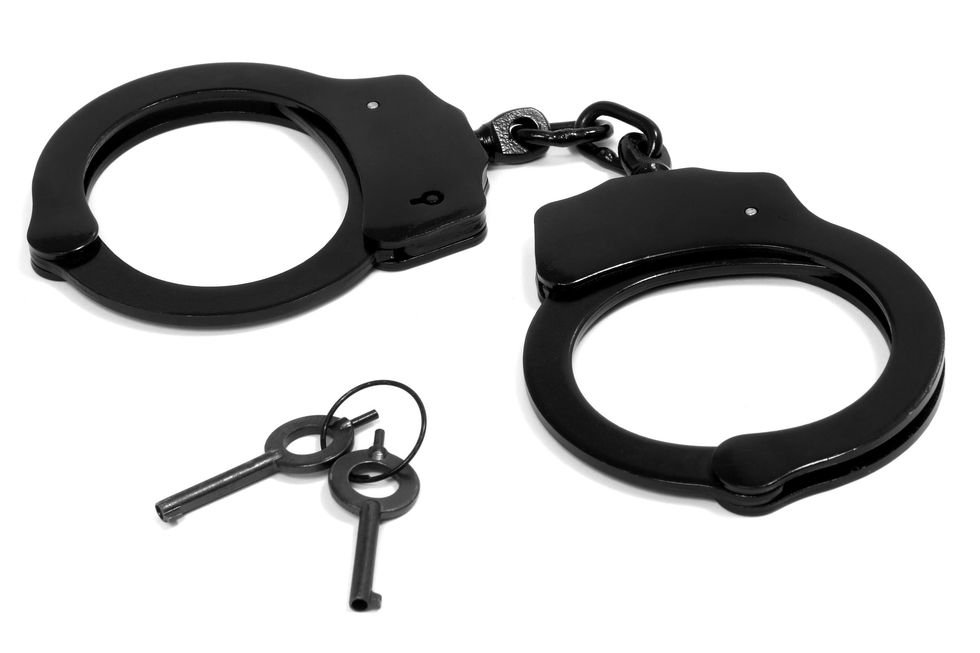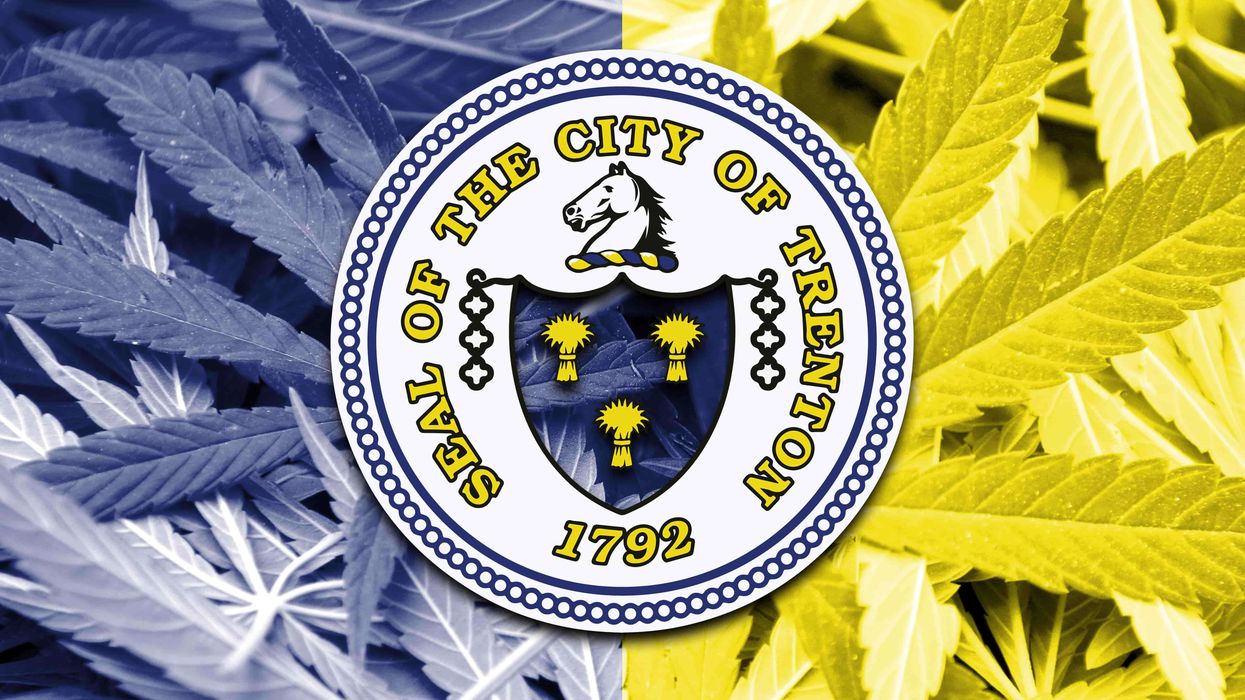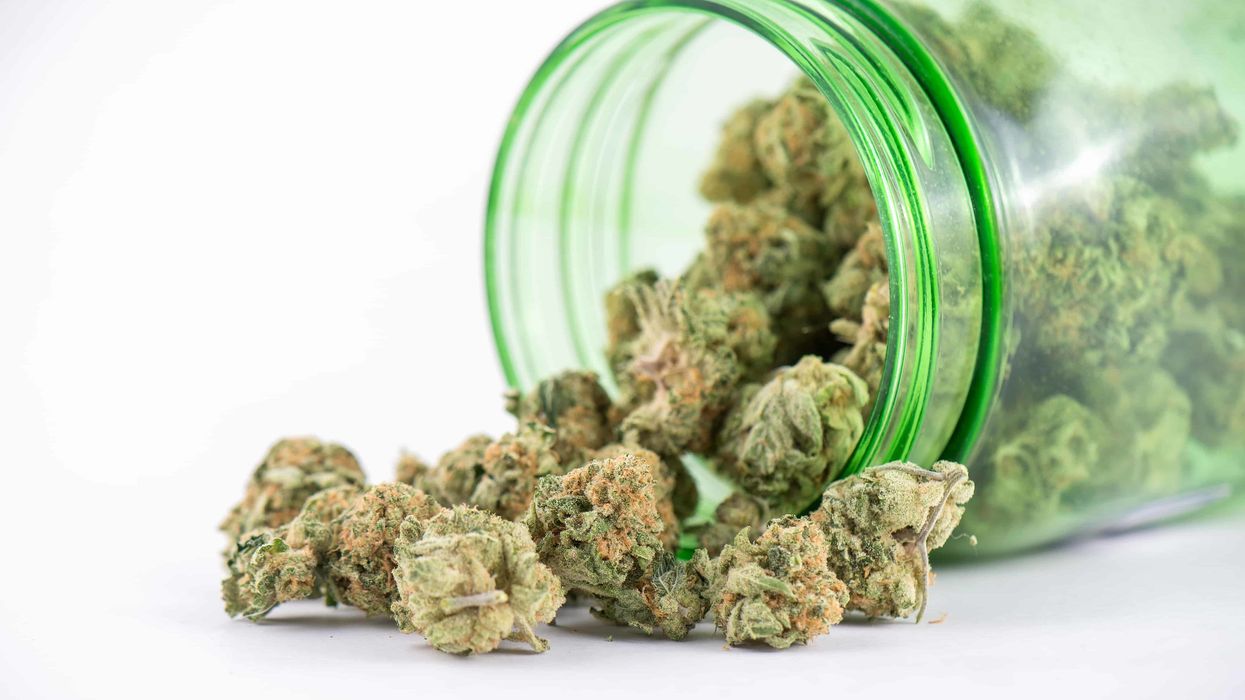It’s 2021, and New Jersey has finally legalized cannabis. While this is exciting news for residents and the industry alike, there are still quite a few unanswered questions regarding the future of adult-use cannabis in the Garden State.
After NJ residents voted in favor of adult-use cannabis during the Nov. 2020 elections, Governor Phil Murphy finally signed the state’s cannabis legislation into law on February 22, 2021, which will begin to establish the adult-use market throughout the state.
“New Jersey’s broken & indefensible marijuana laws are no more,” Murphy tweeted that same day, announcing the law had been signed into effect.
New Jersey’s cannabis journey has been a long and somewhat frustrating one. This article is your guide to the painful history of New Jersey’s cannabis laws, the legal market’s current state, and what it might look like in the near future.
What is the Current State of New Jersey’s Cannabis Laws?
As of February 22, three bills were signed into New Jersey law, resulting in decriminalized cannabis use and the implementation of sales and taxations of adult-use cannabis for any adult over the age of 21.
This legislation is definitely a step in the right direction, but New Jersey’s laws are still unnecessarily restrictive compared to other legal adult-use states.
“While we are pleased to see the will of New Jersey voters finally enshrined into approved legislation, it was a grotesque failure on the part of elected leadership that it took so long to do so,” NORML Executive Director Erik Altieri said in a statement.
One of the most important issues for New Jersey cannabis advocates is the continued ban on home cultivation, which medical cannabis patients in the state have been fighting against for over decade.
New Jersey is one among a small handful of states that do not allow medical cannabis patients to grow their own cannabis plants.
The home cultivation ban will remain an issue until it is addressed within the legal market because cannabis advocates will not and should not stop fighting for it.
When Will New Jersey Cannabis Sales Start?

Legal cannabis purchases won’t be available in New Jersey for at least another six months, if not a year.
Outside of the timeline for rollout of legal sales, here are just a few of the major highlights in the new cannabis legislation:
- Possessing up to six ounces of cannabis has been decriminalized for adults over the age of 21 (18 if you are a medical patient).
- Residents are allowed to smoke cannabis in private places.
- Social justice amendments have been put in place to ensure equality. These amendments aim to eliminate discrimination within the industry based on gender and/or race.
Any existing medical cannabis dispensary in the state will have the first chance to start selling adult-use cannabis, but business owners must first prove they have enough supply to service their medical patients before opening up to the public.
Establishing Social Equity, Justice, and Balance
Another focus of New Jersey’s cannabis legalization is to address institutionalized racism throughout the state, hopefully influencing other legal states in the process. The history of cannabis prohibition in New Jersey has been undeniably prejudiced against Black residents and other People of Color.
New Jersey’s ACLU chapter has revealed that Black New Jerseyans are 3.5 times more likely to be arrested for cannabis possession than white residents, which is on par with the rest of the country.
According to Marijuana Moment, some areas of NJ actually saw a spike in arrests in January 2021, months after citizens voted to legalize.
"The Newark Police Department made a total of 57 marijuana-related arrests in the first 20 days of this year, compared to 63 arrests made for the same period in 2020. But more notably, that trend is driven by a spike in arrests for simple possession alone, which grew from 39 last year to 48 this year—a 23 percent increase," Kyle Jaeger wrote for Marijuana Moment.
It’s no secret that cannabis prohibition laws were and are used to target People of Color, and some racial justice provisions to New Jersey’s cannabis program may begin to make some reparations.
“We have to be able to pivot all the stuff that we missed over the last 80 years and right the wrongs of a social justice system that was skewed, and actually intent on damaging lives and damaging communities,” Edmund DeVeaux, president of the New Jersey Cannabis Business Association (NJCBA), told The Bluntness in an exclusive interview.
“We now get to pivot and create commerce and industry that is suitable for people who were wronged in the past and can actually go forward.”
For starters, the new law will use 70 percent of sales tax revenue and an excise tax on growers to support the Black communities that have been targeted in the past, providing social equity programs and other financial and/or legal aid to those in need.
“This legislation will establish an industry that brings equity and economic opportunity to our communities while establishing minimum standards for safe products and allowing law enforcement to focus their resources on real public safety matters,” Murphy said in a statement.
The law also restricts police officers from using the “smell of cannabis” as a reason to search anyone, which has been a common tactic used against Black people as an excuse to search them.
As for expungement of records and current cannabis criminal cases, all pending charges are to be squashed, and a system will be created for record expungement.
Additional laws will also be put in place to encourage equality. For instance, 30 percent of cannabis business licenses must be allocated to women-, minority-, and/or veteran-owned businesses.
The Racist History of Cannabis Laws in New Jersey

The social justice amendments to New Jersey’s cannabis laws are absolutely essential, especially considering how Black New Jerseyans have been targeted by anti-cannabis laws and discriminated against for decades now.
While the positive intentions are there, New Jersey government leaders have already made some concerning statements prior to the new bills about bringing in outside multistate operators and giving them license application priority over local applicants.
Hopefully the amendments will work to prevent discrimination, and New Jersey’s racist history regarding the cannabis community remain a concern.
In 2018, New Jersey ranked number 11 for states with the highest rate of Black arrests regarding cannabis possession around the world, and the state was ranked 8 in the nation in a report that tracked arrests from 2010-2018.
As recently as 2020, cannabis-related racial disparities in New Jersey have actually increased. These racially-infused cannabis charges have negatively affected Black Americans throughout the country, but New Jersey has specifically seen a lot of struggle in this area.
The ACLU’s reports have confirmed that, while unjust racial disparity in cannabis arrests has definitely become common knowledge over the past few years, it hasn’t improved at all – in fact, it has worsened. The COVID-19 crisis has further exacerbated the need for reform, as conditions in prisons and jails have been incredibly poor in response to the pandemic.
“This paints a stark portrait of what’s at stake when we arrest people for using a substance that the majority of New Jerseyans believe should be legal,” said Executive Director of New Jersey’s ACLU Chapter, Amol Sinha in a statement. “We need the legislation that puts racial and social justice front and center.”
The social justice amendments to the state’s cannabis laws definitely seem well-intentioned when it comes to restoring justice, or rather affirming it for the first time. However, the ACLU, Black cannabis business owners, and much of the industry as a whole will be watching closely to see how this is actually executed.
As New Jersey seeks to reform its racist and overall discriminatory approach to the cannabis industry, hopefully, other states will be influenced to take a similarly honest look at their own flawed histories and do what is required to bring real justice and balance to this industry.
Are you still missing out on The Bluntness newsletter? Sign Up today to stay in the loop.
















